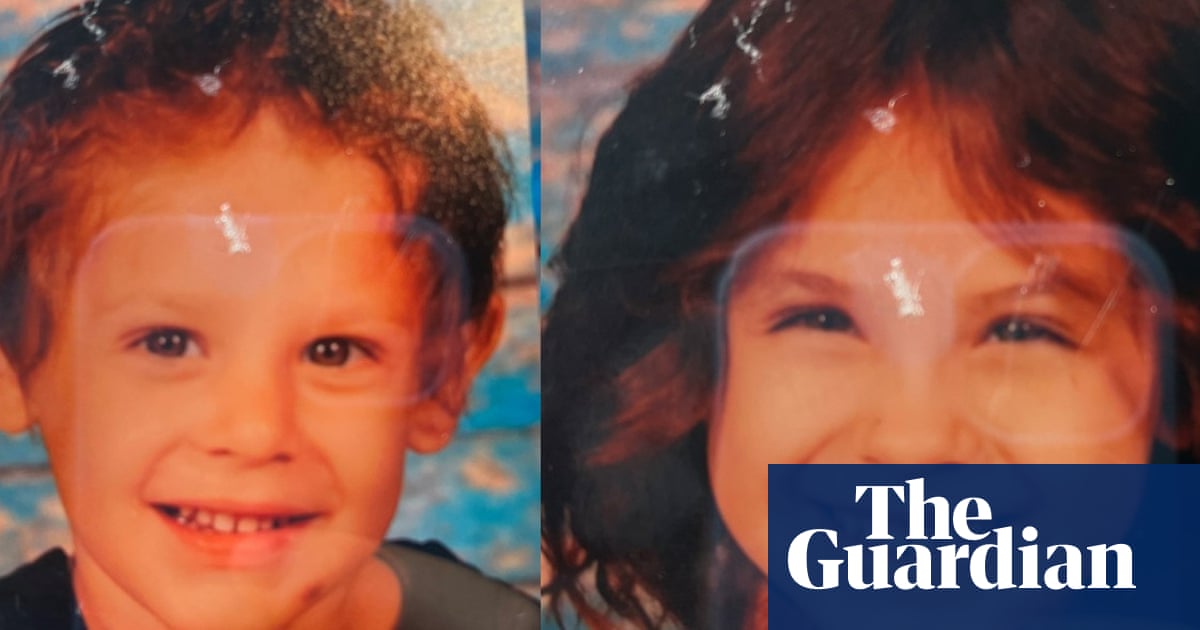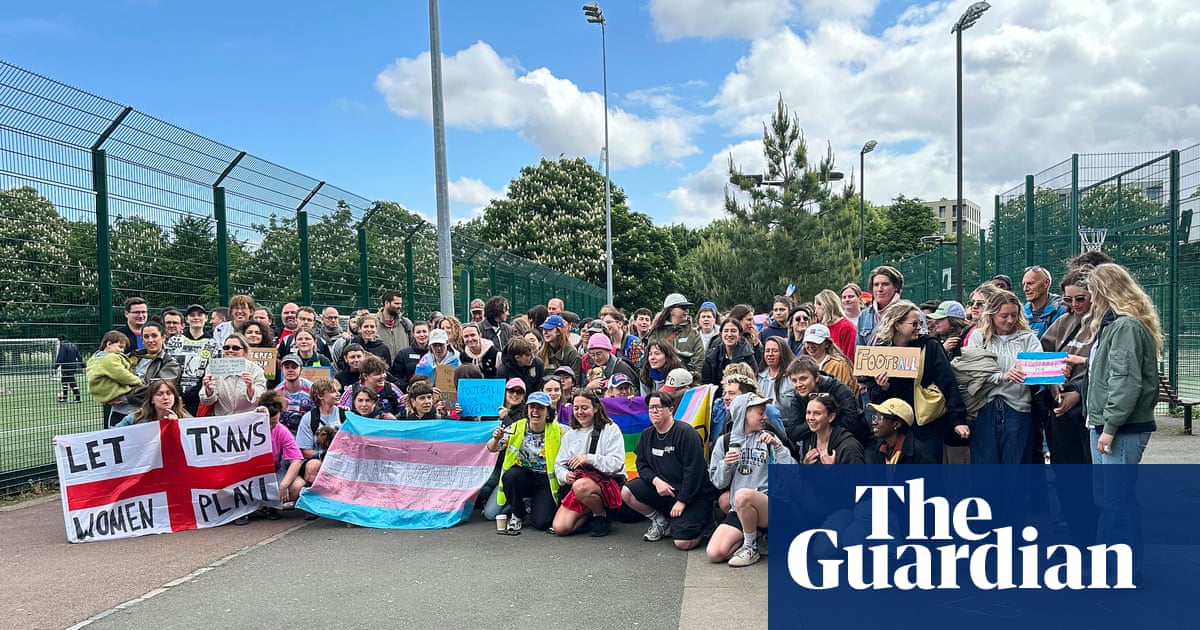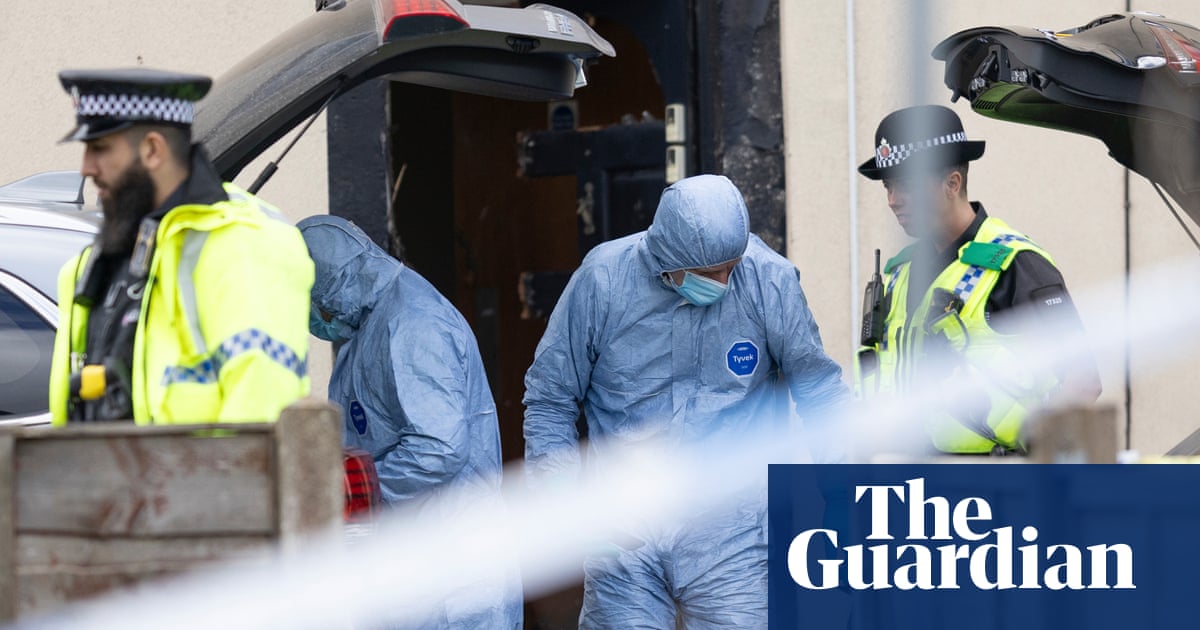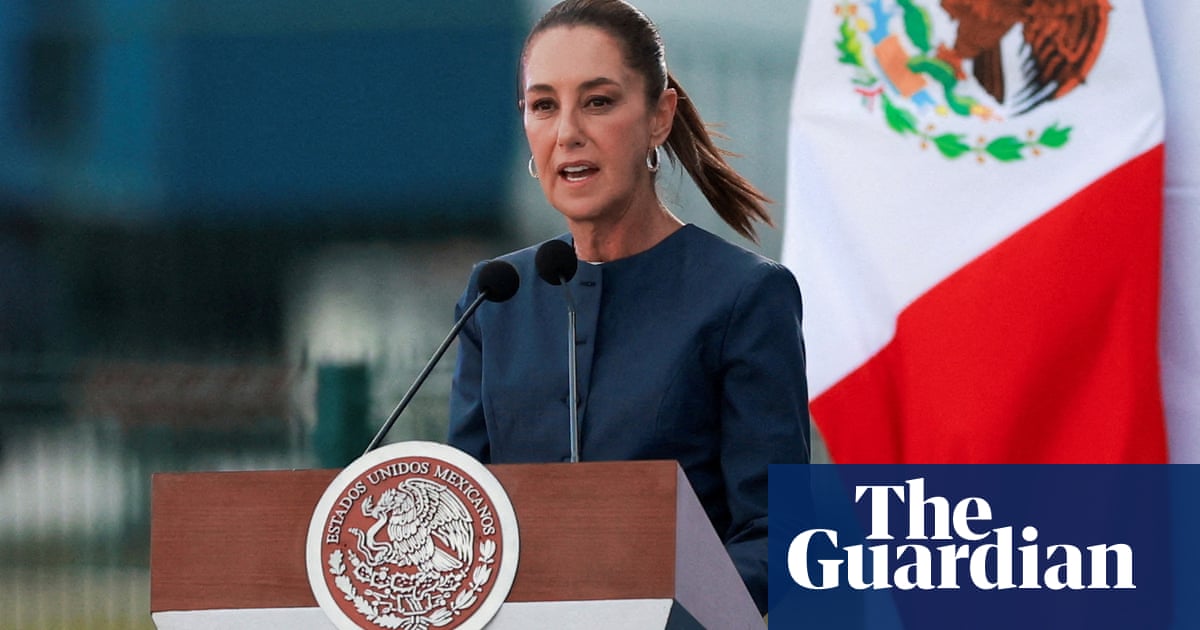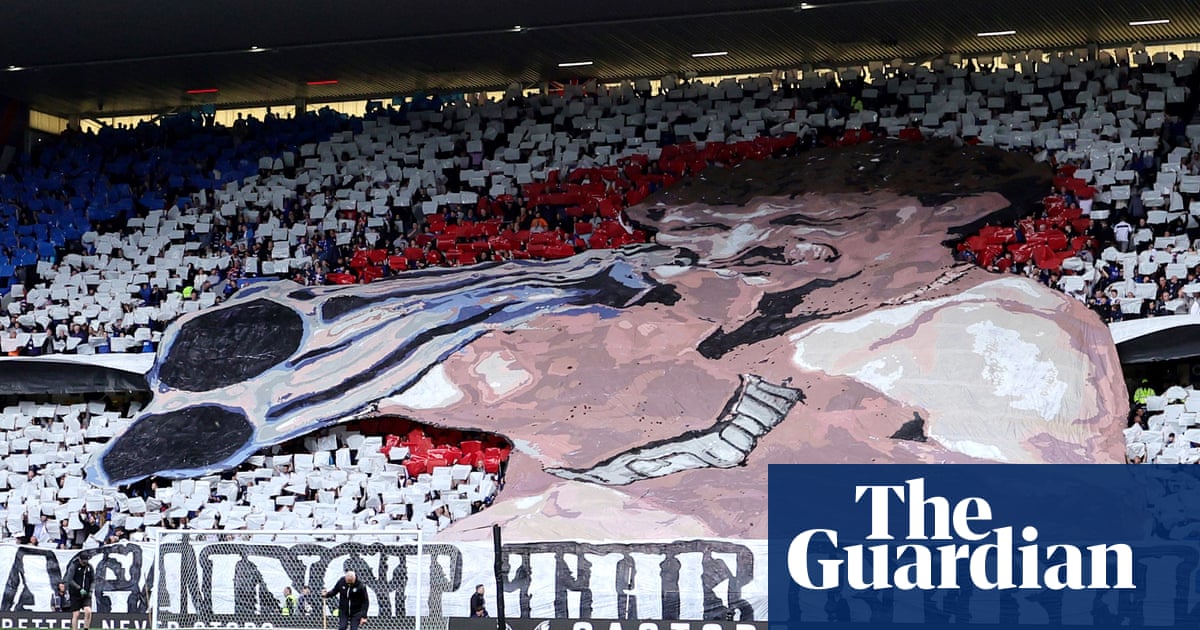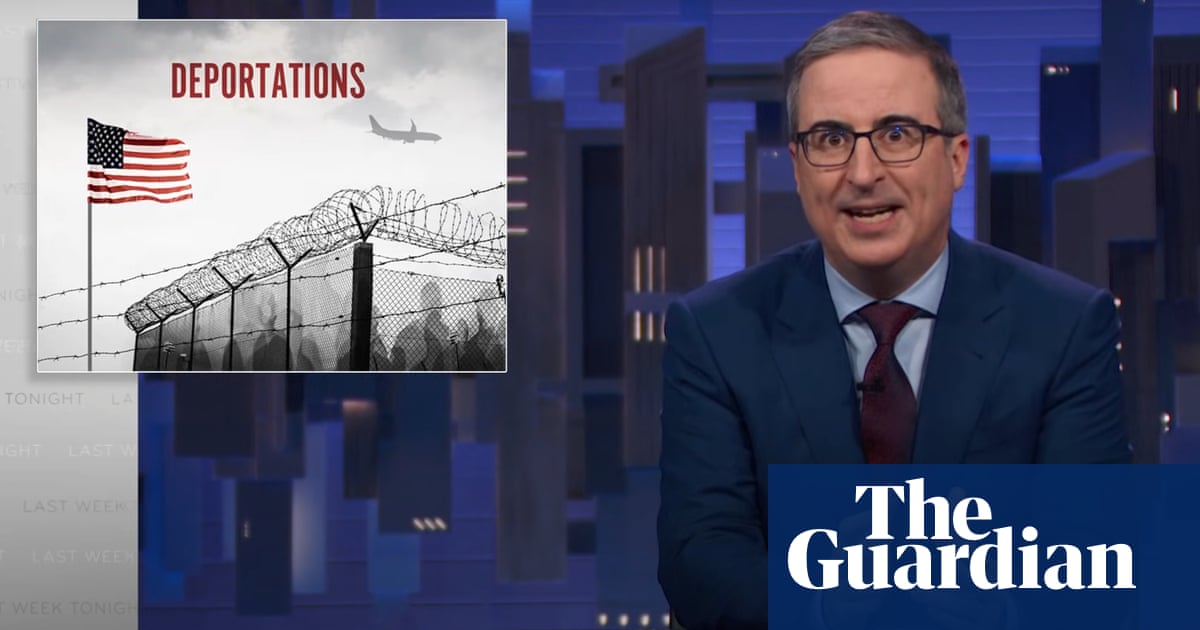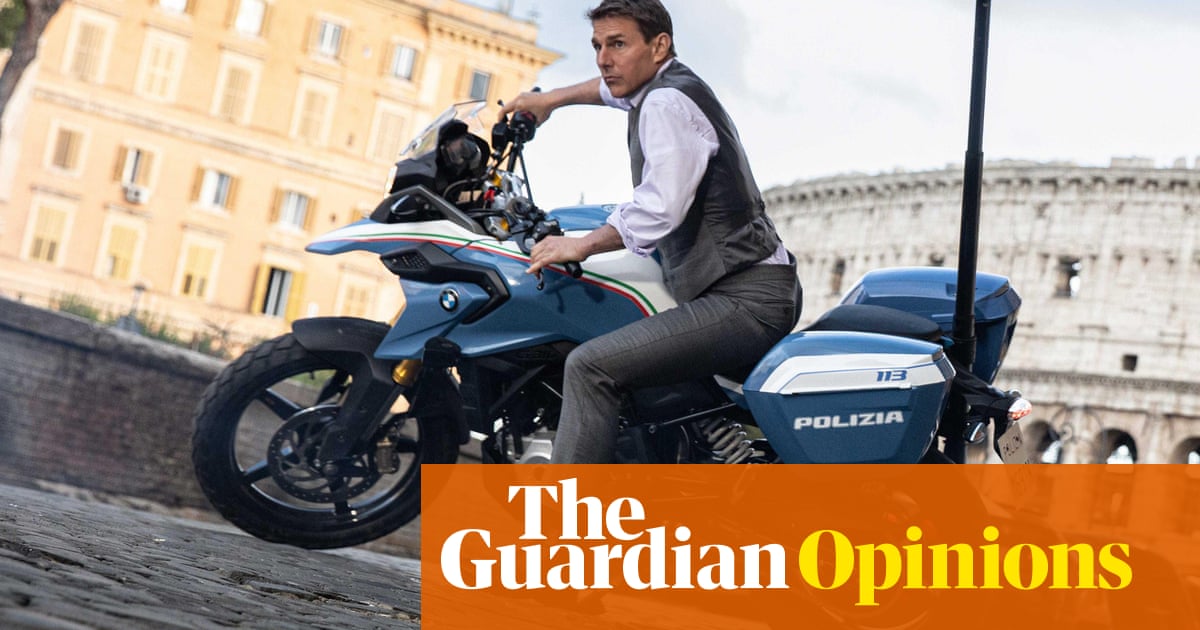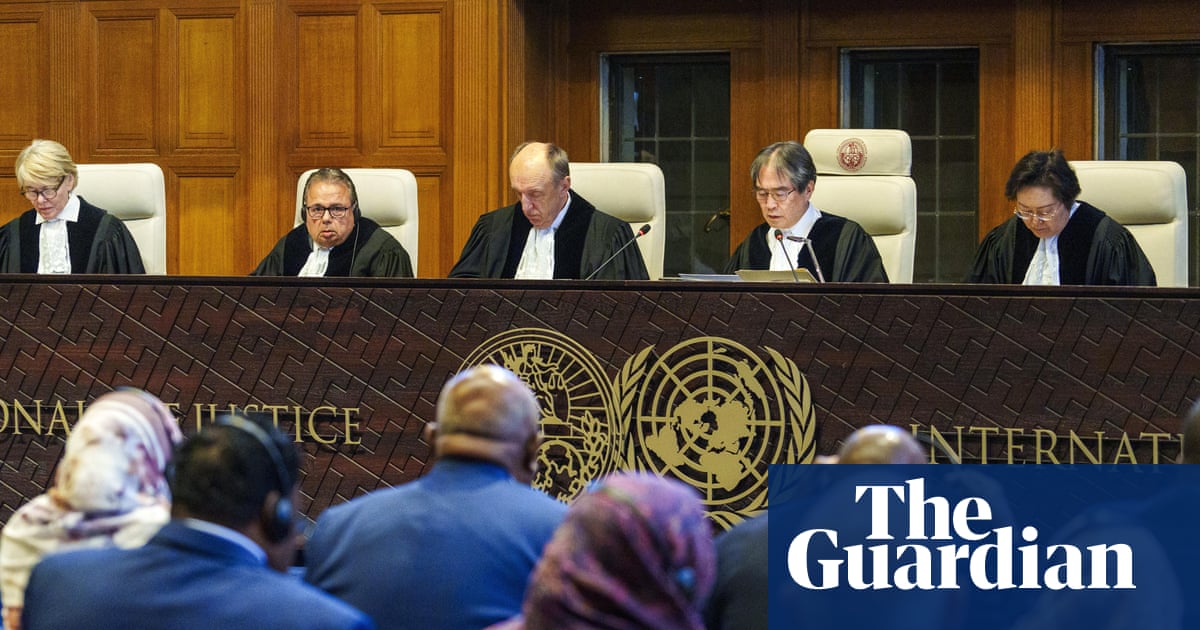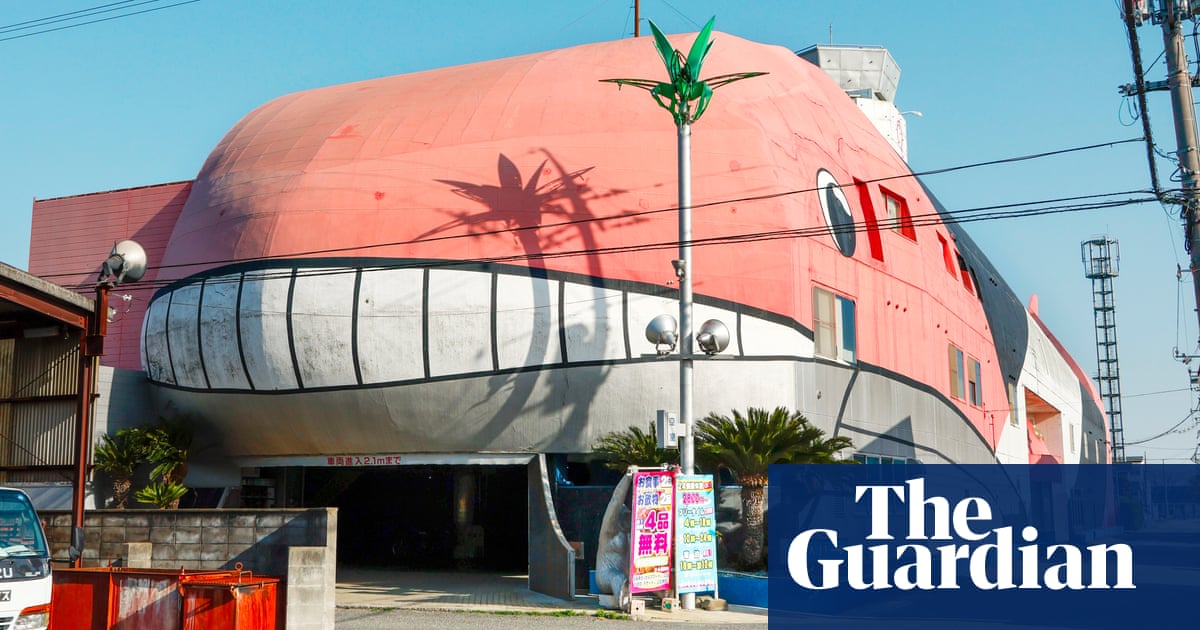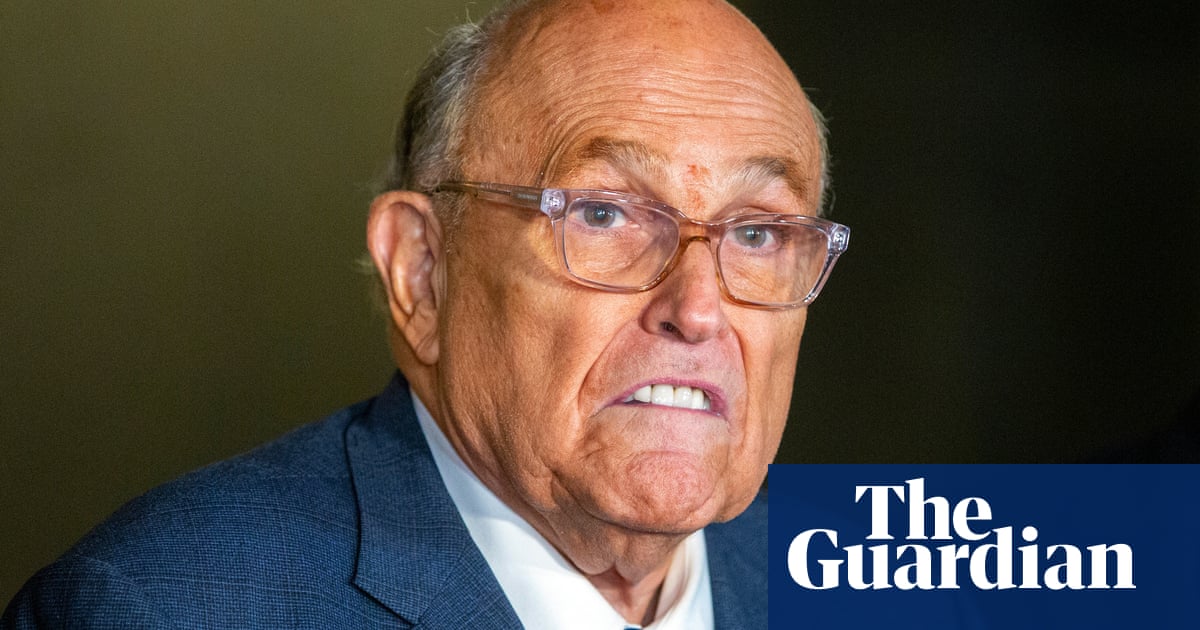Just over a decade ago, the converted Mitsubishi whisked Pope Francis through the streets of Bethlehem before it was left to gather dust. Now, in keeping with one of the late pontiff’s last wishes, the popemobile is being given a second life – as a mobile health clinic for children in the Gaza Strip.
In a region ravaged by more than 18 months of war, the initiative is both symbolic and practical, said Peter Brune, the secretary general of the Catholic charity Caritas Sweden.
“We call it a vehicle of hope because it conveys a message to the children of Gaza that peace is possible, there will be peace, you will have a future and the world has not forgotten about you. And then there’s the very practical dimension in that it will actually deliver medical aid to affected children.”
Brune and his counterpart at Caritas Jerusalem, Anton Asfar, came up with the idea late last year. They soon arranged to have the question put to Pope Francis. “We got a letter from the pope saying, ‘Yes I’m glad to say that I fully endorse this idea’,” said Brune.
Work swiftly began on fitting out the vehicle, which had been left sitting in Bethlehem since the 2014 visit, with supplies such as rapid tests for infections, suture kits and oxygen as well as a refrigerator for medication.
It will be used to diagnose and treat children who have no access to healthcare, bolstering the aid provided by Caritas Jerusalem, which has about 100 staff on the ground in Gaza. “This is a concrete, life-saving intervention at a time when the health system in Gaza has almost completely collapsed,” said Brune.

The announcement, made days before the start of the conclave to elect a new pope, echoes Francis’s deep commitment to those caught in the crossfire of the conflict. He had long called for an end to the hostilities and voiced his disapproval at how the war was being carried out. “Yesterday children were bombed. This is cruelty, this is not war,” he said in December after an Israeli airstrike killed seven children from one family. He added: “I want to say it because it touches my heart.”
For much of the past year and a half, Francis had made nightly calls to Gaza’s only Catholic church, offering his unwavering support to the congregation as they grappled with the pain and devastation of war. “It was close to his heart,” said Brune. “Since the war broke out, 3% of the Christians in Gaza have been killed.”
The transformed popemobile is expected to be ready in a week or so, said Brune, and talks have been launched in the hope of obtaining permission from Israeli officials to bring it into Gaza.
Brune described the situation on the ground as urgent. “Since 2 March, no aid has been let into Gaza at all. It’s horrible. A few months ago, when it was cold, children were freezing to death. Now they’re starving to death.”
While aid groups have warned that Israel’s blockade of food and medicine into Gaza has left civilians in the territory facing starvation, Israel has said that the blockade, along with its renewed military campaign, is aimed at pressuring Hamas to release the remaining hostages.
Unicef said last month that the conflict had killed more than 15,000 children, injured tens of thousands of others and left nearly 1 million children repeatedly displaced in the Gaza Strip, adding to warnings that the humanitarian situation had reached its worst point since the hostilities broke out in 2023.
The war in Gaza was triggered by a surprise attack launched by Hamas into Israel on 7 October, in which militants killed more than 1,200 people, mostly civilians, and took 250 hostages. Israeli officials say 59 hostages remain in Gaza, more than half of whom are believed to be dead.
Brune called for aid to be let in. “It’s forbidden to use civilians and, even worse, children as some kind of instrument in an ongoing war between adults,” he said. “It’s against all humanitarian principles and laws.”
He hoped the popemobile’s transformation would set a precedent of sorts, paving the way for other papal vehicles to be repurposed. “Maybe Gaza now, but then Ukraine in the future or Congo or other places,” he said. “Everywhere where humanitarian access is denied, we want to apply the principle of saying that the popemobile will stand for the importance of letting humanitarian aid come through.”

 5 hours ago
3
5 hours ago
3
